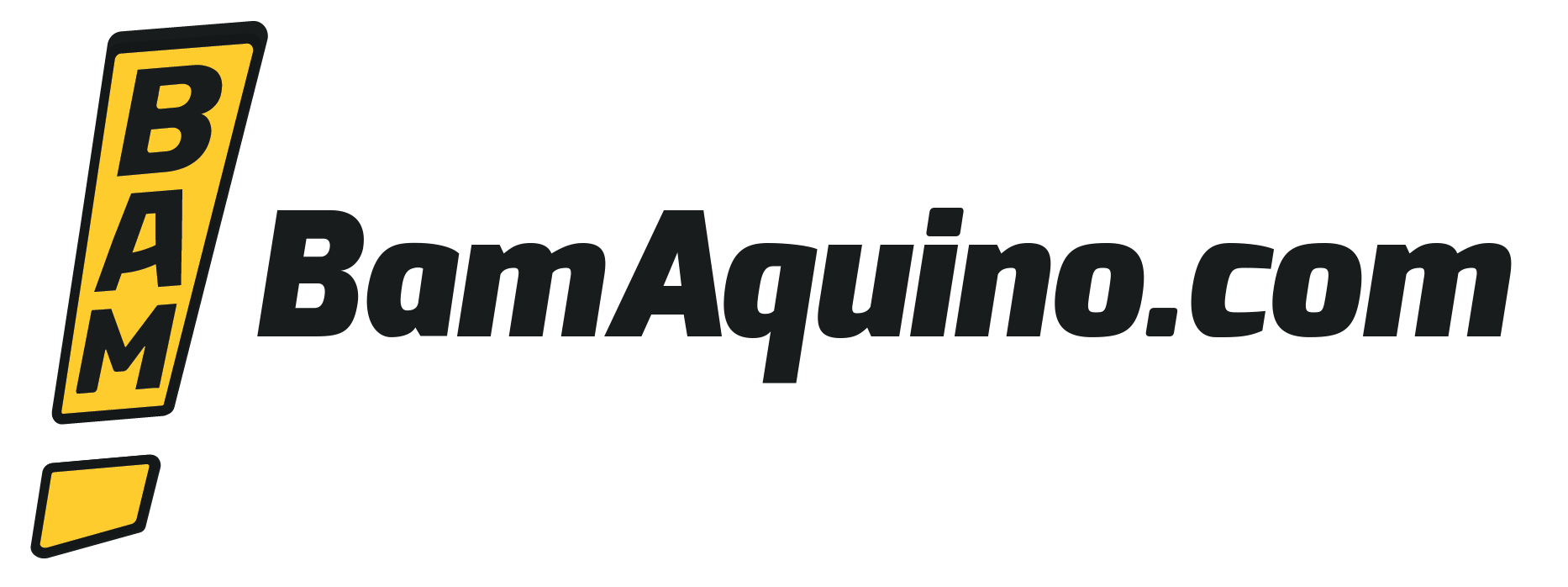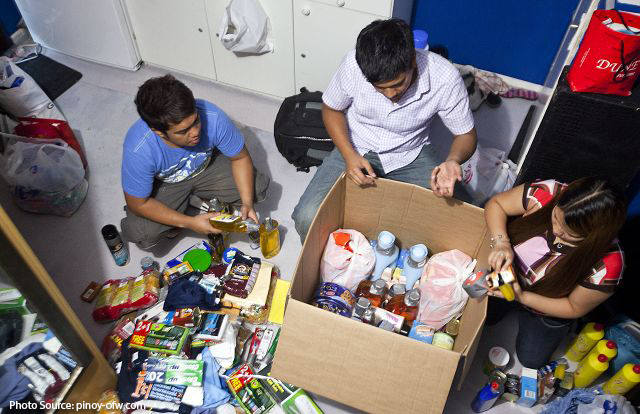Bam Renews Call for Updated Fees for Balikbayan Boxes
Senator Bam Aquino renewed his call to update the current minimum fee threshold for balikbayan boxes, making it cheaper and hassle-free for 10 million overseas Filipino workers (OFWs) to send their packages to their loved ones in the Philippines.
Sen. Bam, chairman of the Senate Committee on Trade, Commerce and Entrepreneurship, issued the pronouncement after OFWs expressed alarm over the Bureau of Customs’ plan to tax and randomly inspect balikbayan boxes as part of the agency’s anti-smuggling campaign.
Last Aug. 26, 2014, Sen. Bam filed Senate Bill No. 2373, seeking to update the current de minimis threshold, or the minimal volume of declaration of goods in the customs for consignments, balikbakan boxes and other low-value and low-risk packages.
“Now that the spotlight is focused on the issue, we call on fellow lawmakers to hasten the passage of the measure to make it cheaper and hassle-free for 10 million OFWs to send their packages to their loved ones in the Philippines,” Sen. Bam said.
Currently, the Philippines has the lowest de minimis threshold in the ASEAN, at PhP10 or US$0.23. The ASEAN average threshold is at a hundred dollars.
In his bill, Sen. Bam wants the de minimis level to increase to a more realistic and relevant figure of P10,000 by amending Sec. 709 of the Tariff and Customs Code.
Through this, Aquino said balikbayan boxes and other packages of OFWs, entrepreneurs and other individuals will be processed by Customs faster with minimum fees.
“The extremely low Philippine threshold has not been changed since 1957 and is clearly antiquated. It needs to be updated to be reflective of current prices,” the senator said.
The lawmaker explained that thresholds for customs declaration signify increased documentation and processes for shipments at entry points in the country.
“Increased documentation leads to larger turnover and delivery time of goods, and larger administration costs that would yield lower revenue impact for both businesses and government,” Sen. Bam said.
“While we understand that random inspection is part of our efforts to curb entry of illegal goods, we should not burden our honest and hardworking OFWs by subjecting their packages to searches that result in damages, pilferages, and loss of goods, which they purchased and sacrificed for their loved ones back home,” he added.
“In addition to this reform, let’s continue to modernize our Customs systems to make our inspections more transparent and efficient, and supportive to our OFW families,” Sen. Bam, who also presided over the port congestion hearings.
Furthermore, Sen. Bam stressed that it will enable the BOC to focus its efforts in looking out for high-value, high-risk and high-revenue goods for collection and enforcement.


Recent Comments